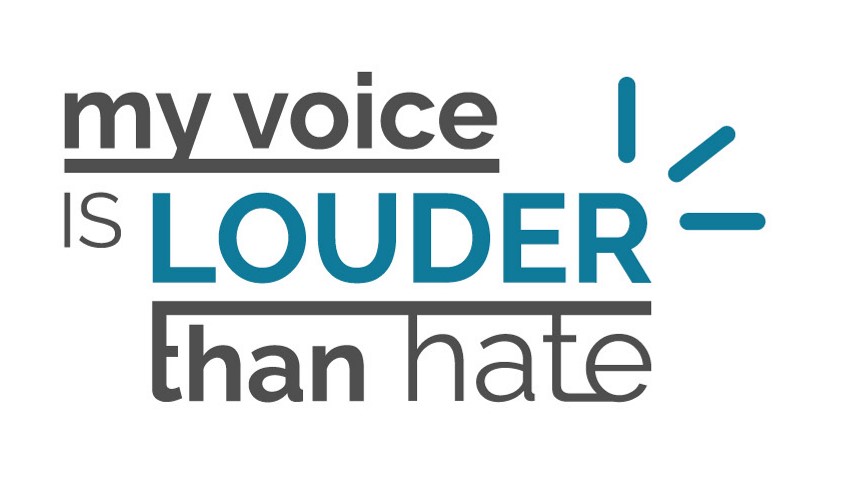My Voice is Louder Than Hate
 My Voice is Louder Than Hate is a multimedia lesson resource designed to empower students in Grades 9 to 12 to push back against hate and prejudice in their online communities.
My Voice is Louder Than Hate is a multimedia lesson resource designed to empower students in Grades 9 to 12 to push back against hate and prejudice in their online communities.

 My Voice is Louder Than Hate is a multimedia lesson resource designed to empower students in Grades 9 to 12 to push back against hate and prejudice in their online communities.
My Voice is Louder Than Hate is a multimedia lesson resource designed to empower students in Grades 9 to 12 to push back against hate and prejudice in their online communities.

Level: Grades 9-12
About the the Author: Mathew Johnson, Director of Education, MediaSmarts
Duration: 2 1/2 to 3 hours, plus time for the assessment task
This lesson was produced with the financial support of Digital Public Square.

Manitoba’s Senior Years Information and Communication Technology courses “focus on analyzing information, communicating messages, and using technology to create products such as print documents, web pages, and video recordings. Students have the opportunity to reinforce and extend the ICT knowledge, attitudes, and skills that they have developed in K-8 and to explore new topics that will support their learning across the curriculum.”

MediaSmarts has developed four online multimedia textbooks to support the Ontario curriculum for Language 1-8 and English 9. These freely available textbooks are designed to give educators flexibility in meeting both the Overall Expectation relating to Digital Media Literacy (A2) but also related Overall and Specific Expectations in the A, C and D strands, including Critical Thinking in Texts; Creating Drafts; and Publishing, Presenting and Reflecting.

Alberta’s Aboriginal Studies curriculum “is intended to provide a conceptual framework for all learners to enhance understanding of the diverse Aboriginal cultures within their region, Canada and the world.” (Aboriginal Studies 10-20-30).

In the New Brunswick Music curriculum, media and digital literacy outcomes mostly fall under Strand 2, Understanding and Connecting Contexts of Time, Place and Community, and Strand 3, Perceiving, Reflecting and Responding. Digital citizenship habits skills are also found in General Curriculum Outcome 4, “Students will be expected to respect the contributions to the arts of individuals and cultural groups in local and global contexts, and value the arts as a record of human experience and expression.”

“Science and technology both exist in a broader social, cultural, and economic context. They are affected by the values and choices of people and governments and in turn have a significant impact on local as well societal issues.” K-6 Science and Technology Curriculum (2004)
Media and digital literacy enable students understand the ways in which science and technology affect and are affected by their social contexts by helping them to develop critical thinking habits and skills and to interpret the ways in which they gain information about the world around them.

“A scientifically and technologically literate person is one who can read and understand common media reports about science and technology, critically evaluate the information presented, and confidently engage in discussions and decision-making activities that involve science and technology.” Science Co-ordinators’ and Consultants’ Association of Ontario (SCCAO) and Science Teachers’ Association of Ontario (STAO/APSO), Position Paper: The Nature of Science (2006)

The 2023 Science K-6 curriculum states that “the study of science allows students to nurture curiosity, ask and answer questions, explore scientific and technological concepts, and acquire knowledge and understanding of the world. Science provides a reliable basis for decision making and is essential in developing innovative ideas and solutions.
